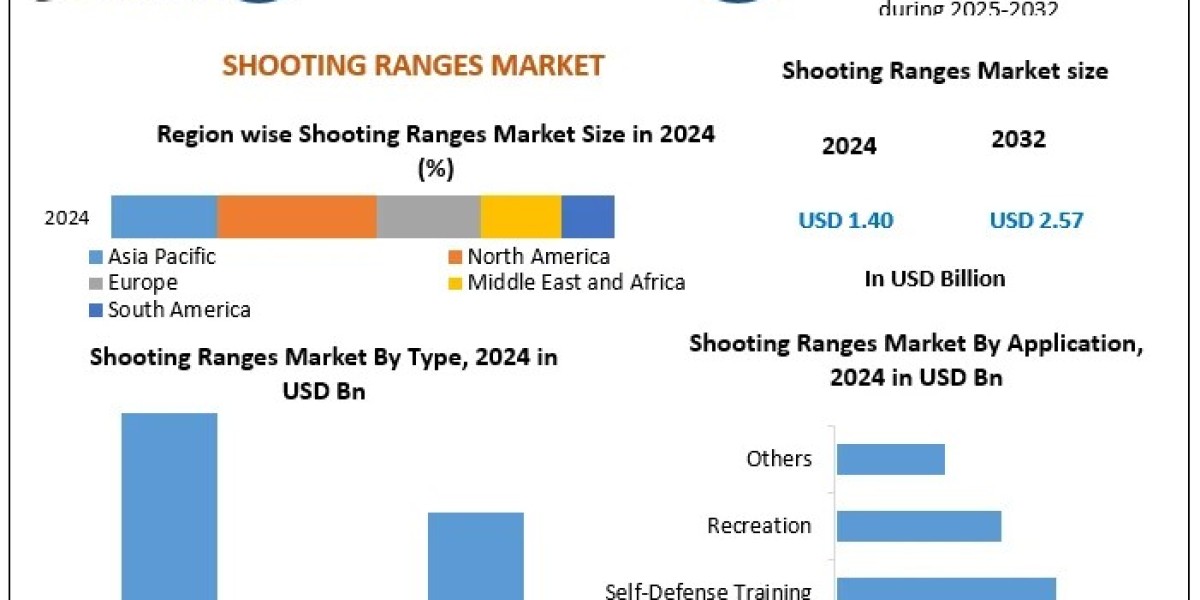Slot machines are the most popular and casino (mouse click the up coming website page) profitable games in any casino (atuttavita.com), whether land-based or online. Their enduring appeal isn't just a matter of chance; it's a carefully crafted experience rooted in human psychology.
The Power of Intermittent Reinforcement
The psychological hook of slot machines is largely based on variable ratio reinforcement. It means that a reward is delivered after an unpredictable number of responses. Unlike a predictable reward, the "maybe" of a potential win keeps players engaged and hopeful. This is the same principle that makes social media feeds so compelling; you never know what you're going to get when you scroll.
Lights, Sounds, and Action
Today's video slots are designed to be a full sensory experience. Every element, from the sound of the spinning reels to the victory music, is designed to enhance the player's emotional response. This sensory feedback makes even small wins feel like significant events, reinforcing the desire to keep playing.
The Illusion of Winning
A clever and controversial design feature is the "loss disguised as a win" or LDW. An LDW is when your payout from a spin is less than your original bet, for instance, casino; mouse click the up coming website page, betting $2 and winning $1. Despite it being a financial loss, the game presents it with celebratory feedback. It's a powerful way to keep players engaged by creating a false sense of success.
Understanding the psychology behind slot machines can help you be a more mindful player. While they are designed to be captivating, remembering that they are a form of entertainment with a built-in house edge is key to responsible play.








